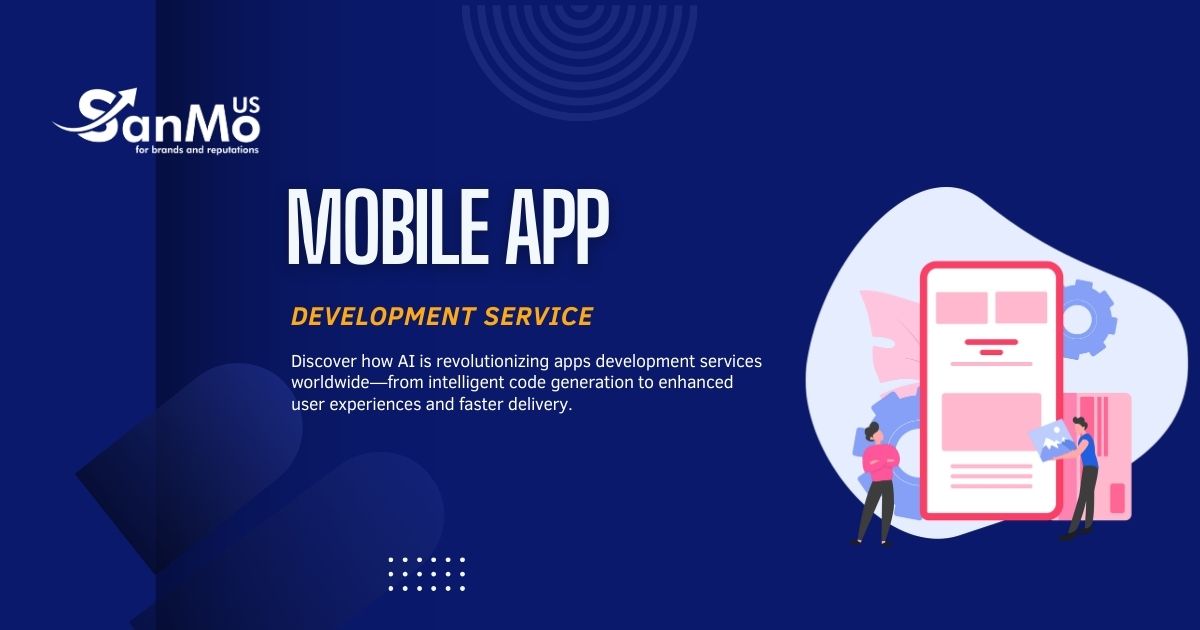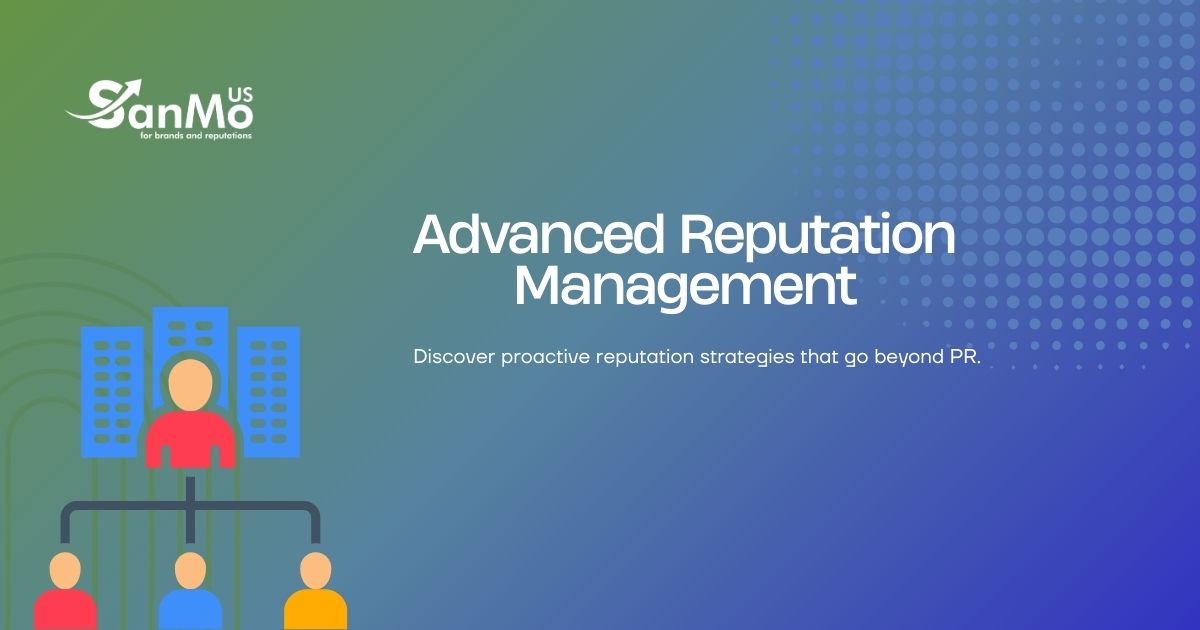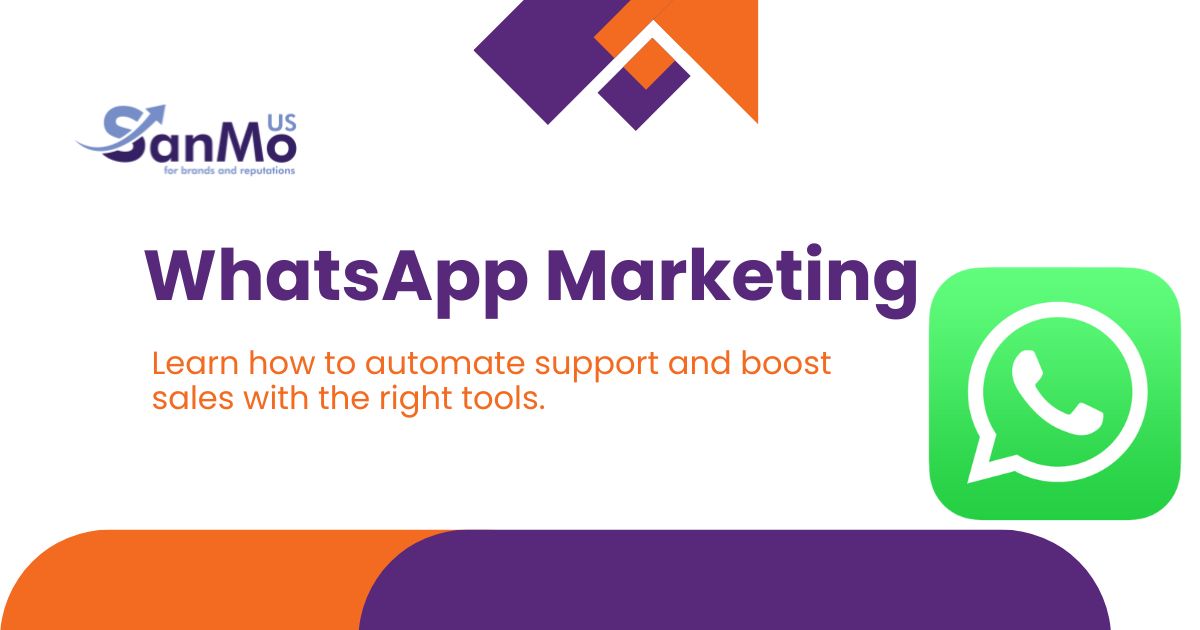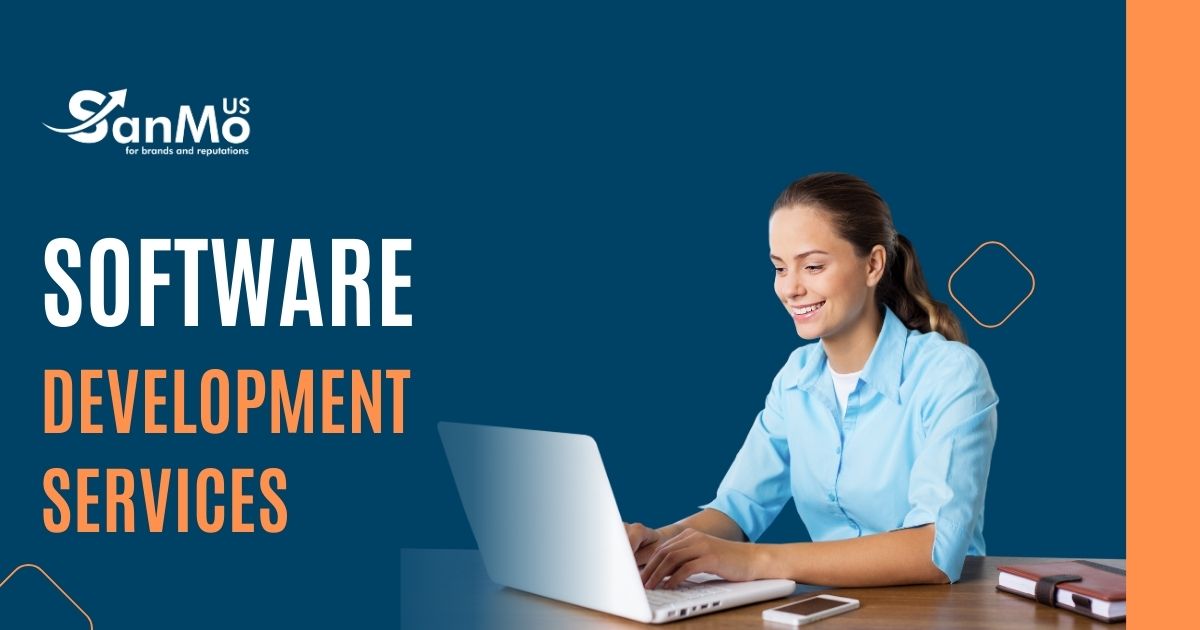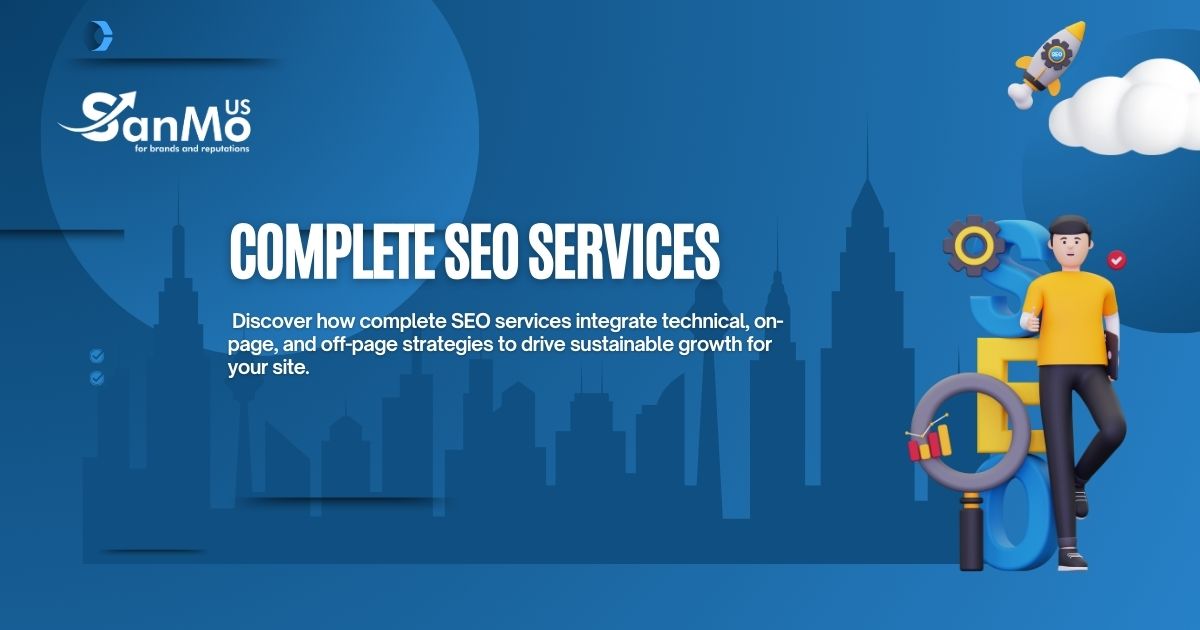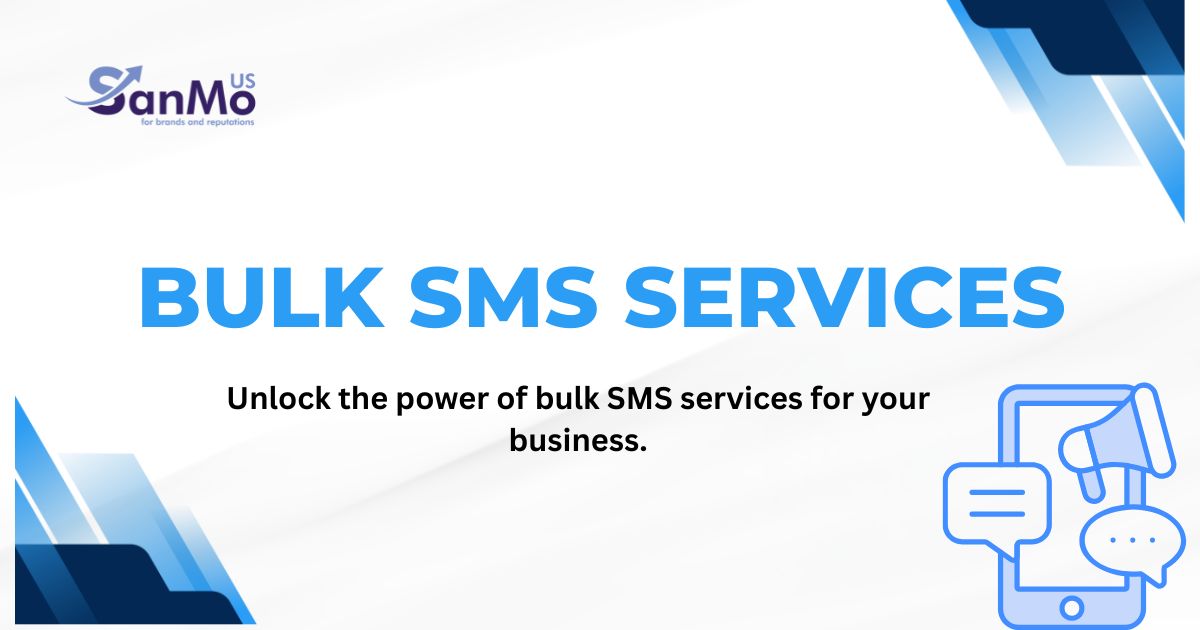WhatsApp has evolved far beyond personal messaging. With over 2 billion users worldwide, it’s become a powerful channel for businesses to connect with customers directly. But managing customer conversations, sending bulk messages, and tracking engagement manually? That’s where WhatsApp marketing software comes in.
WhatsApp marketing software is a specialized tool that helps businesses automate, manage, and scale their customer communications on the WhatsApp platform. These platforms typically integrate with the WhatsApp Business API, allowing companies to send promotional messages, provide customer support, and build stronger relationships with their audience through the world’s most popular messaging app.
Whether you’re a small business owner looking to streamline customer service or a large enterprise wanting to reach thousands of customers instantly, understanding how WhatsApp marketing software works can transform your customer engagement strategy.
How WhatsApp Marketing Software Works

WhatsApp marketing software operates through the WhatsApp Business API, which provides businesses with advanced features beyond the basic WhatsApp Business app. The software acts as a bridge between your business systems and WhatsApp’s messaging infrastructure.
Here’s the basic process: You upload your customer contact lists to the platform, create message templates (which WhatsApp must pre-approve), and schedule or send messages to your audience. The software can automatically route incoming messages to the right team members, send automated responses, and track message delivery and engagement rates.
Most platforms also offer contact management features, allowing you to segment your audience based on purchase history, preferences, or behavior. This segmentation enables more targeted and personalized messaging campaigns.
Key Features of WhatsApp Marketing Software
Bulk Messaging and Broadcasting
The most fundamental feature is the ability to send messages to multiple contacts simultaneously. Unlike the standard WhatsApp Business app, which limits broadcast lists to 256 contacts, marketing software can reach thousands of customers at once.
You can schedule messages for optimal sending times, personalize content with customer names or other data, and send different message types including text, images, videos, and documents.
Automated Chatbots and Responses
Many platforms include chatbot functionality that can handle common customer inquiries automatically. These bots can answer frequently asked questions, collect customer information, guide users through purchase processes, or route complex queries to human agents.
Smart automation can trigger messages based on customer actions, such as sending welcome messages to new subscribers or follow-up messages after purchases.
Contact Management and Segmentation
Robust contact management systems help organize your customer database. You can import contacts from various sources, tag them with relevant information, and create detailed customer profiles.
Segmentation tools allow you to group customers by demographics, purchase behavior, engagement levels, or custom criteria. This targeting capability ensures your messages reach the most relevant audience.
Analytics and Reporting
Comprehensive analytics track message performance, including delivery rates, read receipts, response rates, and conversion metrics. These insights help you understand which messages resonate with your audience and optimize future campaigns.
Some platforms provide detailed reports on customer engagement patterns, peak response times, and campaign ROI.
Team Collaboration Tools
For businesses with multiple team members handling customer communications, collaboration features are essential. These typically include shared inboxes, message assignment systems, internal notes, and conversation histories.
Team members can seamlessly hand off conversations, and managers can monitor response times and customer satisfaction levels.
Benefits of Using WhatsApp Marketing Software
Higher Engagement Rates
WhatsApp messages boast impressive open rates of over 90%, significantly higher than email marketing. Customers are more likely to read and respond to WhatsApp messages because they feel more personal and immediate.
The platform’s multimedia capabilities also allow for richer, more engaging content than traditional SMS marketing.
Cost-Effective Customer Communication
Compared to SMS marketing or phone calls, WhatsApp messaging is remarkably cost-effective, especially for international communications. Businesses can maintain ongoing conversations with customers without incurring per-message charges beyond the initial API costs.
Improved Customer Service
WhatsApp’s conversational nature makes it ideal for customer support. Customers can easily share images of products, describe issues in detail, and receive real-time assistance. Support teams can access conversation histories and provide more personalized service.
Global Reach
With WhatsApp’s worldwide popularity, businesses can easily connect with international customers without worrying about SMS compatibility or international calling rates.
Types of Businesses That Benefit Most
E-commerce and Retail
Online retailers use WhatsApp marketing software to send order confirmations, shipping updates, and promotional offers. The platform’s ability to share product images and process payments makes it particularly valuable for e-commerce businesses.
Healthcare and Wellness
Medical practices and wellness centers use WhatsApp to send appointment reminders, share test results, and provide health tips. The secure, direct communication channel helps maintain patient relationships.
Real Estate
Real estate agents leverage WhatsApp to share property listings, schedule viewings, and maintain contact with potential buyers. The ability to quickly share photos and location details makes property marketing more efficient.
Educational Institutions
Schools and training centers use WhatsApp marketing software to communicate with students and parents, share announcements, and provide educational content.
Choosing the Right WhatsApp Marketing Software
Consider Your Business Size and Needs
Small businesses might prioritize ease of use and affordable pricing, while larger enterprises may need advanced features like API integrations, complex automation workflows, and dedicated account management.
Evaluate Integration Capabilities
Look for software that integrates with your existing tools, such as CRM systems, e-commerce platforms, or email marketing software. Seamless integrations streamline workflows and provide better customer insights.
Check Compliance and Security Features
Ensure the platform complies with WhatsApp’s policies and includes security features like end-to-end encryption and data protection measures. Some industries may have specific compliance requirements to consider.
Review Pricing Structure
WhatsApp marketing software pricing varies significantly. Some platforms charge per message, others use monthly subscriptions, and some combine both models. Calculate the total cost based on your expected message volume and required features.
Getting Started with WhatsApp Marketing
Set Up Your WhatsApp Business Profile
Before using marketing software, ensure your WhatsApp Business profile is complete with accurate business information, contact details, and a professional profile picture.
Obtain Necessary Approvals
WhatsApp requires businesses to verify their accounts and get message templates approved before sending promotional content. This process can take several days, so plan accordingly.
Build Your Contact List Responsibly

Only message customers who have explicitly opted in to receive WhatsApp communications. Building your list organically through website sign-ups, in-store promotions, or existing customer databases ensures better engagement and compliance.
Start with Simple Campaigns
Begin with basic campaigns like welcome messages or order confirmations before moving to complex automation workflows. This approach helps you learn the platform and understand your audience’s preferences.
Maximizing Your WhatsApp Marketing Success
WhatsApp marketing software offers tremendous potential for businesses ready to embrace conversational commerce. The key to success lies in choosing the right platform for your needs, respecting customer preferences, and focusing on genuine value rather than promotional spam.
Start by clearly defining your goals, whether that’s improving customer service, increasing sales, or building stronger customer relationships. Research different software options, take advantage of free trials, and begin with a small pilot program to test effectiveness.
Remember that WhatsApp marketing works best when it feels personal and helpful. Focus on providing value to your customers, and the business results will follow naturally.


